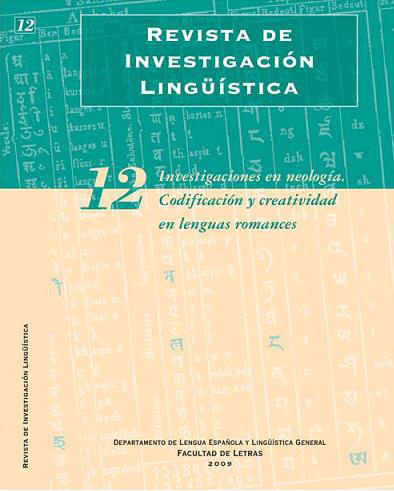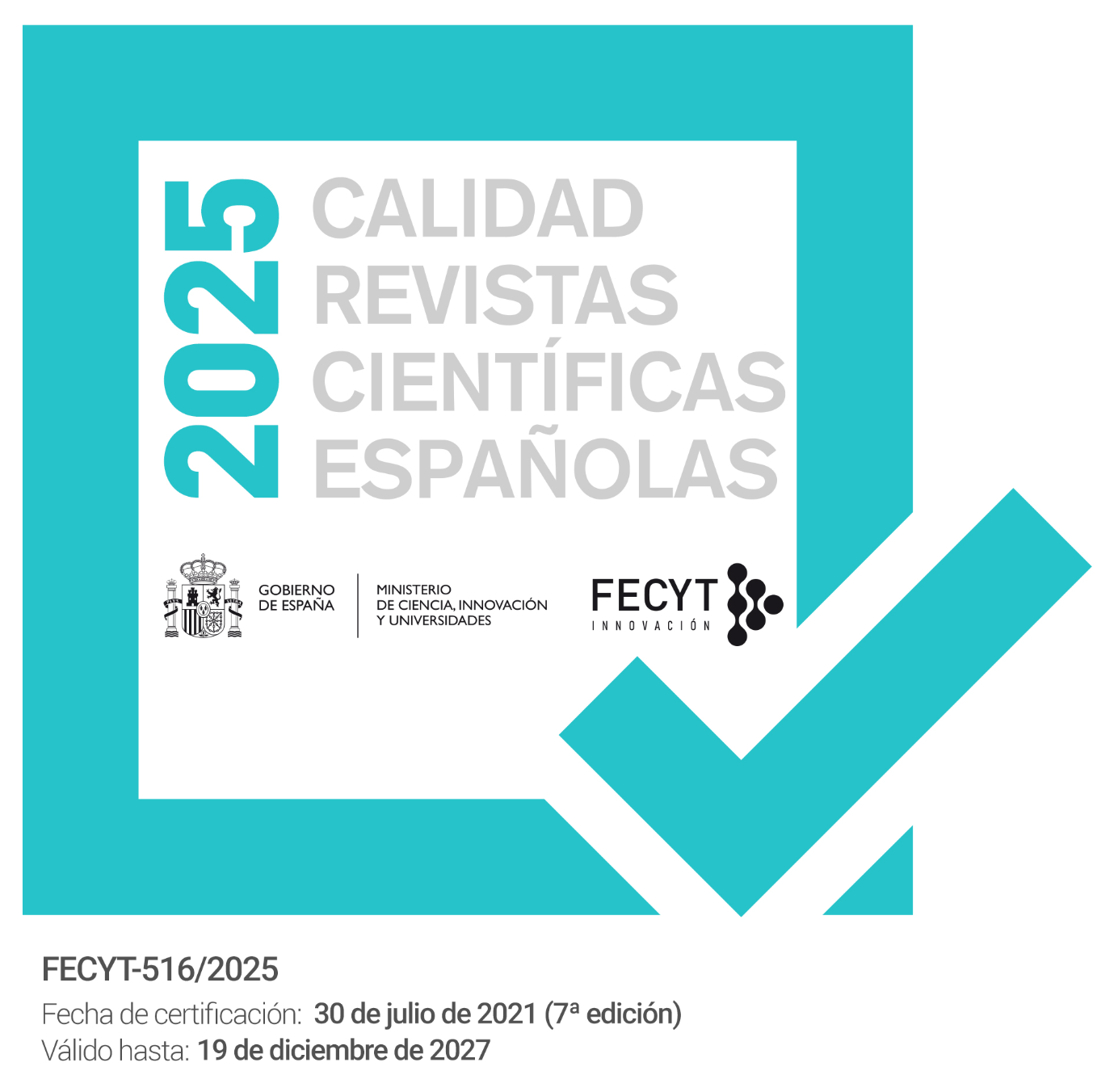La composición culta y la neología de la prensa escrita
Abstract
The learned composition is a process of word formation that usually offers specific characteristics. It is precisely these characteristics which have been and are an object of discussion at the moment of trying to analyze or describe it, particularly in terms of the nature and function of its components and about determining the place it can occupy among the different methods of creation. Perhaps one of the more attractive properties of this method is the entire disposition it seems to present the user of language, so that with great ease, he/she can attain its creative components and, taking one of them, build its new words from the common language linking them to the traditional words and also create new elements by adopting patrimonial wordsto the format of classical Greek and Latin elements. This supposes, therefore, that the so-called method of learned composition, normally used for the formation of technical and scientific vocabulary (with an internal working similar to the old Greek and Latin compositions: determiner+determinant) is being used every day due to the new lexical necessities the normal speaker encounters on a daily basis. So, there has been a process of trivialization not only in the terms, that allowed its distribution, but on the method itself, which contributed in an extraordinary way to the neological creation.Downloads
-
Abstract3881
-
PDF (Español (España))786
The works published in this magazine are subject to the following terms:
1. The Publications Service of the University of Murcia (the publisher) preserves the economic rights (copyright) of the published works, and favors and allows the reuse of same under the license of use indicated in point 2.
2. The papers are published in the electronic edition of the magazine under a Creative Commons Attribution-NonCommercial-NoDerivative 3.0 Spain license (legal text). Papers may be copied, used, disseminated, transmitted and publicly exhibited if the following requirements are met: i) The authorship and the original source of its publication (magazine, editorial and URL of the work) must be cited; ii) The works cannot be used for commercial purposes; iii) The existence and specifications of this user license must be explicitly mentioned.
3. Self-archiving conditions. Authors can electronically disseminate pre-print versions (version before being evaluated) and / or post-print versions (version evaluated and accepted for publication). This makes possible its circulation and diffusion earlier and with it a possible increase in its citation and reach among the academic community. RoMEO color: green.










